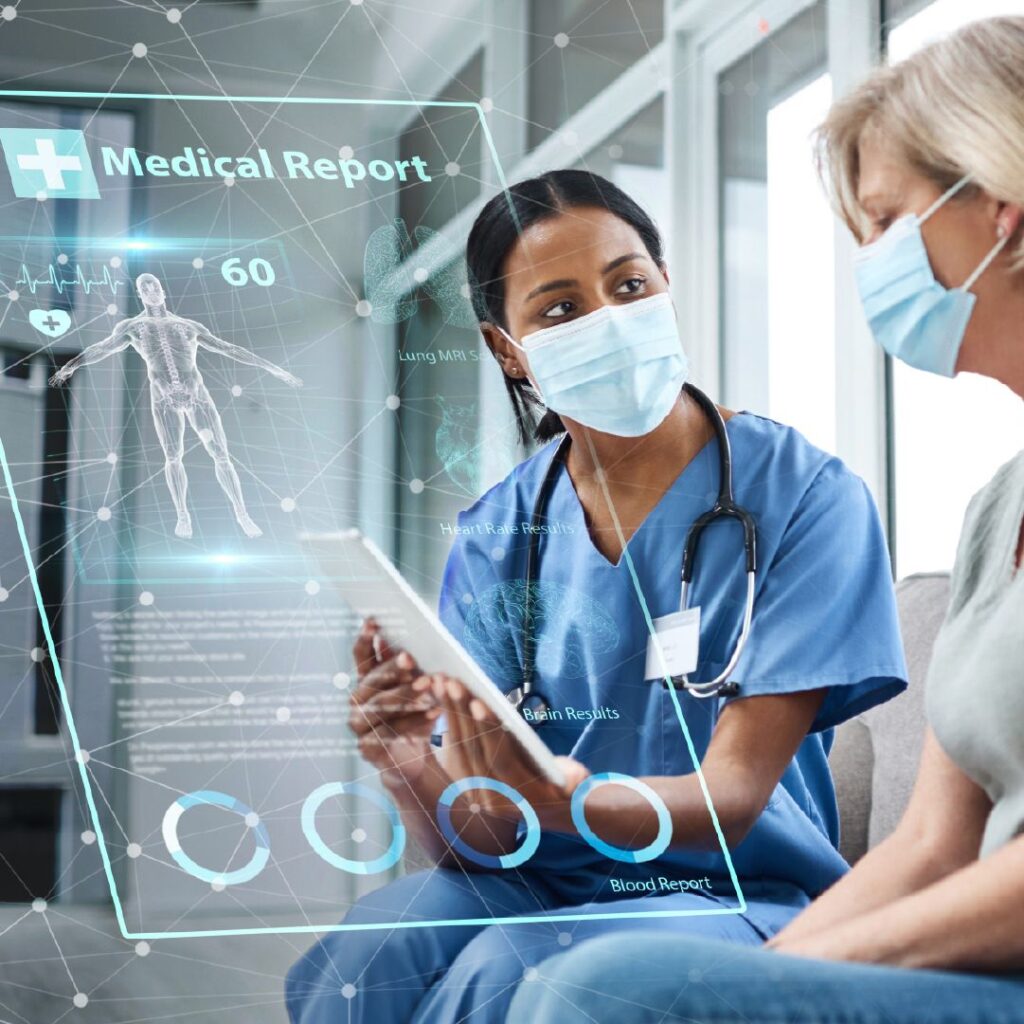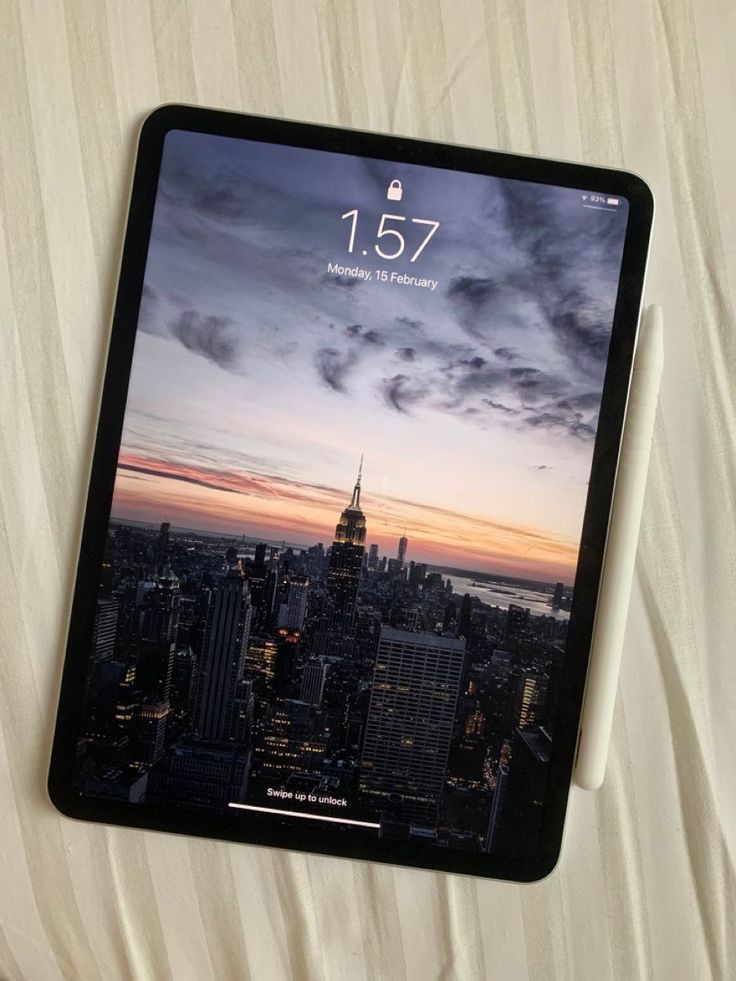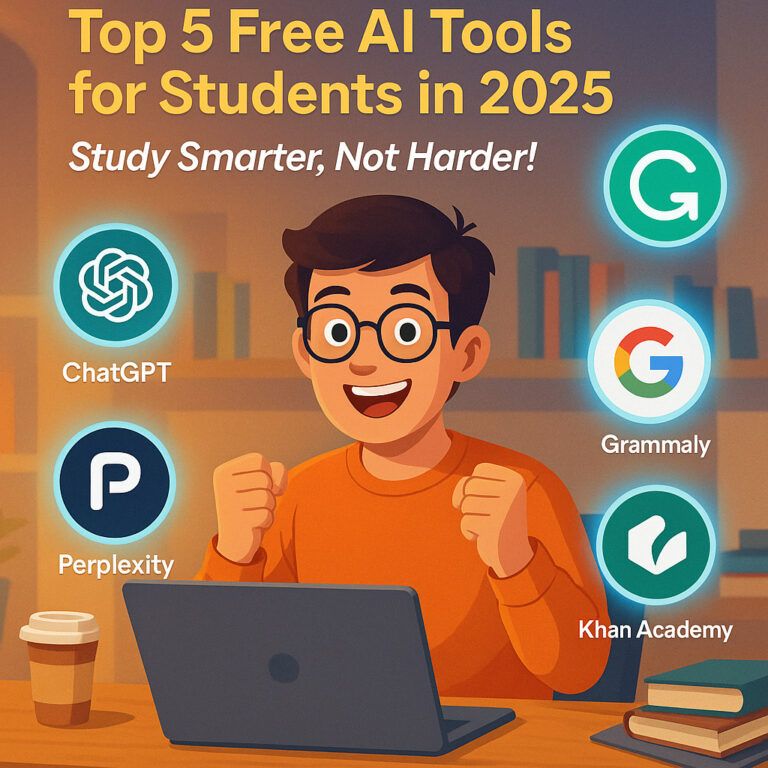AI in Healthcare Use Cases: How Artificial Intelligence is Transforming Medicine
Artificial Intelligence (AI) is no longer just a futuristic buzzword—it’s already making a AI in Healthcare Use Cases. From improving diagnostics to supporting doctors in surgeries, AI-powered tools are enhancing the way medical professionals care for patients.
The keyword AI in Healthcare Use Cases reflects a growing interest from patients, doctors, and researchers who want to know how AI is actively being used in real-world medical settings. In this detailed article, we’ll explore seven of the most common daily AI in Healthcare Use Cases, backed by practical examples, benefits, and future possibilities.
1. AI in Medical Imaging and Diagnosis
Medical imaging has always been critical for disease detection, but AI in Healthcare Use Cases has taken it to the next level. Using deep learning algorithms, AI can analyze X-rays, MRIs, CT scans, and ultrasounds with speed and accuracy.
-
Daily Use Case: Radiologists now rely on AI-based tools to highlight suspicious areas in scans. For example, Google’s DeepMind has developed AI systems capable of detecting over 50 eye diseases more accurately than human doctors.
-
Impact: Faster and more accurate diagnosis means conditions like cancer, pneumonia, or fractures are detected earlier, giving patients a better chance of recovery.
-
Benefit: Reduces diagnostic errors and supports overworked radiologists.
2. Personalized Treatment and Precision Medicine
Every patient is unique, and so is their response to treatments. AI analyzes large datasets—medical history, lifestyle, genetic information—to create personalized treatment plans.
-
Daily Use Case: Oncologists use AI to predict how patients with cancer will respond to chemotherapy or immunotherapy. IBM’s Watson for Oncology, for example, provides personalized treatment options based on clinical data.
-
Impact: More effective care tailored to the patient’s individual needs.
-
Benefit: Improves treatment success rates and reduces unnecessary side effects.
3. Virtual Health Assistants and Chatbots
AI-powered chatbots and virtual assistants are becoming part of daily patient interaction. They can answer health-related questions, schedule appointments, or remind patients to take medication.
-
Daily Use Case: Apps like Ada and Buoy Health allow patients to input symptoms and receive AI-driven advice about whether they need medical attention.
-
Impact: Reduces unnecessary hospital visits and saves patients time.
-
Benefit: Increases accessibility to healthcare and reduces the workload of nurses and doctors.
4. Predictive Analytics for Patient Monitoring
Wearable technology combined with AI is now widely used in hospitals and homes. These devices continuously monitor vital signs and provide real-time health alerts.
-
Daily Use Case: Smartwatches like Apple Watch and Fitbit use AI algorithms to track heart rhythms, detect irregularities, and even alert users of possible atrial fibrillation.
-
Impact: Doctors get real-time patient data, allowing for quicker interventions.
-
Benefit: Prevents emergencies like heart attacks or strokes.
5. AI in Drug Discovery and Development
Developing a new drug typically takes over 10 years and billions of dollars. AI is drastically reducing both time and cost.
-
Daily Use Case: Pharma companies like Pfizer and Moderna have used AI in vaccine research. During the COVID-19 pandemic, AI helped accelerate vaccine development by analyzing protein structures.
-
Impact: Drugs and vaccines reach patients faster.
-
Benefit: Reduces the cost of healthcare innovations and saves lives during crises.
6. Administrative Workflow Automation
AI isn’t just helping doctors—it’s also streamlining administrative tasks. Hospitals face a huge burden from billing, insurance, and record-keeping, but AI makes this easier.
-
Daily Use Case: AI-powered tools automatically fill patient forms, process insurance claims, and update medical records.
-
Impact: Cuts down on paperwork and reduces human errors.
-
Benefit: Healthcare workers can focus more on patient care instead of paperwork.
7. AI in Mental Health Care
Mental health support is one of the fastest-growing applications of AI in Healthcare Use Cases. Chatbots and AI-driven therapy apps provide emotional support and monitor mental well-being.
-
Daily Use Case: Apps like Woebot and Wysa use natural language processing (NLP) to simulate therapy-like conversations, helping users manage stress, anxiety, and depression.
-
Impact: Offers accessible mental health support, especially in regions with limited mental health professionals.
-
Benefit: Reduces stigma and provides daily emotional support.
The Future of AI in Healthcare
The AI in Healthcare Use Cases we see today are just the beginning. Emerging technologies like robotics-assisted surgery, AI-driven genome sequencing, and real-time pandemic tracking will redefine the future of medicine.
However, challenges remain—such as data privacy, ethical use, and ensuring AI complements doctors rather than replacing them. Governments and healthcare providers are already working on regulations to ensure safe and transparent AI use.
Conclusion
AI is revolutionizing healthcare. From diagnostics and drug discovery to mental health support and personalized treatments, the AI in Healthcare Use Cases are saving time, money, and lives.
As technology advances, we can expect even more powerful applications, bringing us closer to a world where AI and doctors work hand-in-hand to deliver the best possible care.



